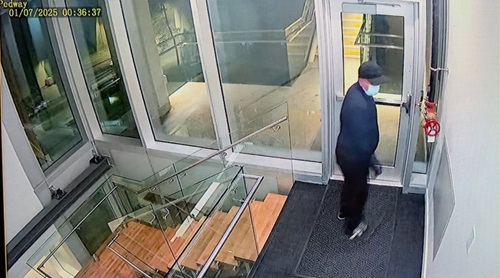University of Alberta researcher wins artificial intelligence award

Posted March 6, 2025 3:42 pm.
Last Updated March 6, 2025 8:10 pm.
Machine learning is taking off in Alberta. One of the leading artificial intelligence researchers at the University of Alberta in Edmonton has won what’s being called the ‘Nobel Prize in Computing’.
It’s not actually the Nobel Prize but it could lead to big advancements in Alberta’s AI field.
“I think we’ll get more assistance on the computer, that are intelligent and more helpful. Obviously, the input into the computer will become easier, speech recognition will become more obvious and useful,” said Richard Sutton, U of A computer science researcher, and A.M. Turing Award recipient.
Sutton say that’s the immediate future of AI.
Sutton won $1 million in a partnership with Google for the Alan M. Turing Award — named after the famed British mathematician — meant for those who’ve made lasting contributions to the field of computer science.
Professor Sutton literally wrote the book on artificial intelligence back in the late ’90s — coming to the University of Alberta 25 years ago to continue his research.
“The most tangible thing we did was we wrote a textbook, it’s very heavy, and it’s different algorithms that provide world class performance here today,” Sutton explained.
The University of Alberta’s President Bill Flanagan celebrated the Turing Award on Thursday.
“This award really launches the University of Alberta amongst the global elite when it comes to artificial intelligence,” said Flanagan.
But AI is not without controversy. Everything from fake images, to plagiarism, to job losses. A report from Statistics Canada from September 2024, says that 31 per cent of employed Canadians aged 18-64 are in jobs that could potentially replace them with AI.
Professor Sutton says he’s not worried about how AI will adapt, but how humans will react.
“I’m much more concerned about the fear. Somethings will be difficult in the future, some things will be economically difficult, and I’m worried that people will use ai as a scapegoat instead of the flaws in our policies,” said Sutton.








